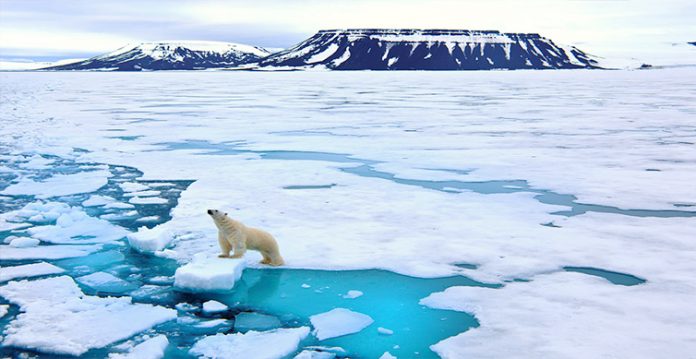Amidst the second wave of the Coronavirus pandemic, the climate emergency will be the next thing to cause a catastrophe in India. A new review by the global think tank, ODI reported.
ODI Releases The Costs of Climate Change in India Report
As per the reports, the costs of climate change in India released on Tuesday said that the rising temperatures will further harm India’s economic development through different channels, including failing agriculture productivity, impact to public health, sea level rise and reduced labour productivity.
The study further warned that the one-degree Celsius of global warming, the country is already experiencing damages. Disasters like flooding in India has further caused economic damage of $3 billion, which accounts for 10 percent of global economic losses.
ALSO READ: New Zealand declares “climate emergency”
The evidence demonstrated by the report clearly showed that the human and economic costs of climate change will only increase in the next couple of years. One study finds that India’s GDP in the year 2100 will be reduced by 90 per cent if the world reaches three degrees Celsius of warming.
Angela Picciariello, Senior Research Officer at ODI, said that India is already feeling the costs of climate change, with many cities reporting temperatures above 48 degrees in 2020 and a billion people facing severe water scarcity for at least a month of the year.
Picciariello further warned that if action is not taken to cut emissions enough to limit the global temperature will rise to 1.5 degrees Celsius.
ALSO READ: India Needs to Limit Carbon Emissions, Says G20 Climate Report
Lack of Basic Facilities and Infrastructure Further Increases the Risk
Talking about the recent cyclones, Amir Bazaz, Senior Lead-Practice at the Indian Institute for Human Settlements, said that the low-income and other marginalised groups are most vulnerable to the impacts of climate change. They often live in dense settlements that lack basic services and infrastructure that could reduce risk.


